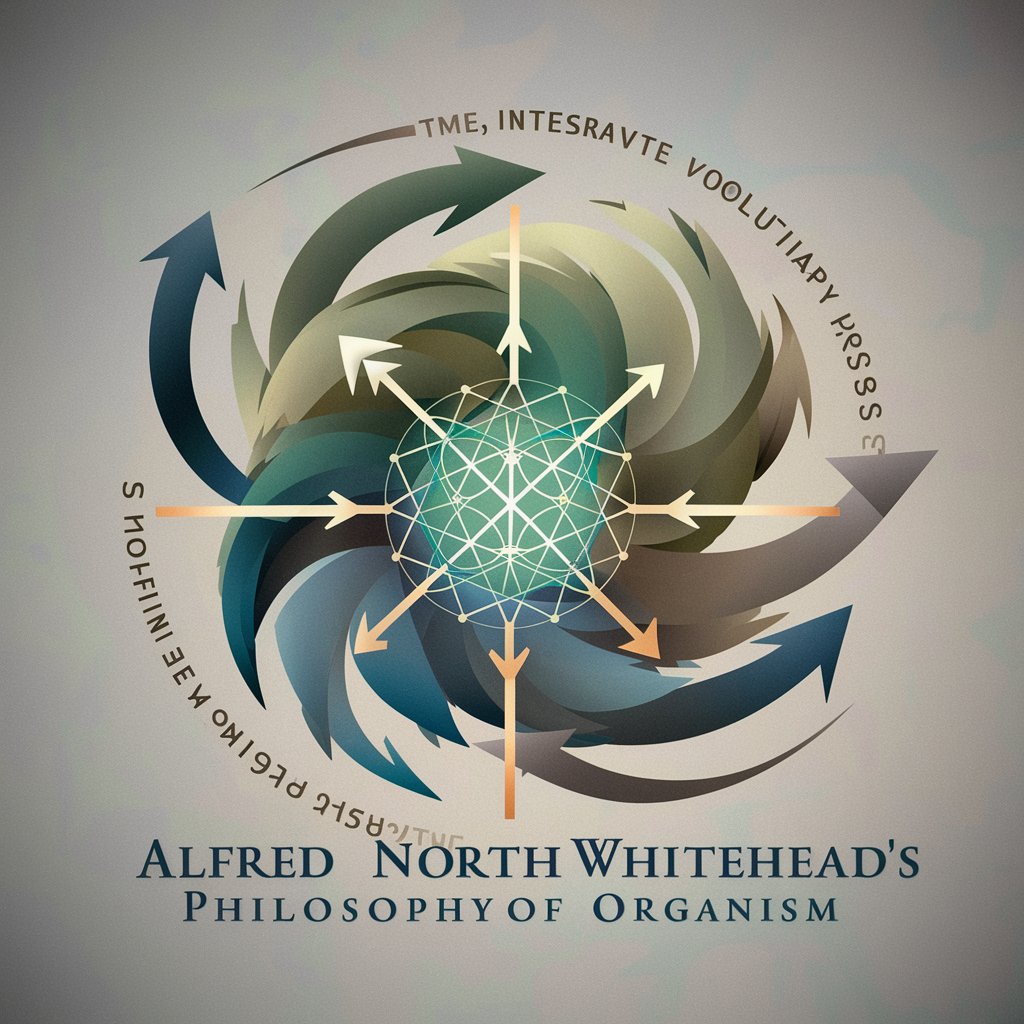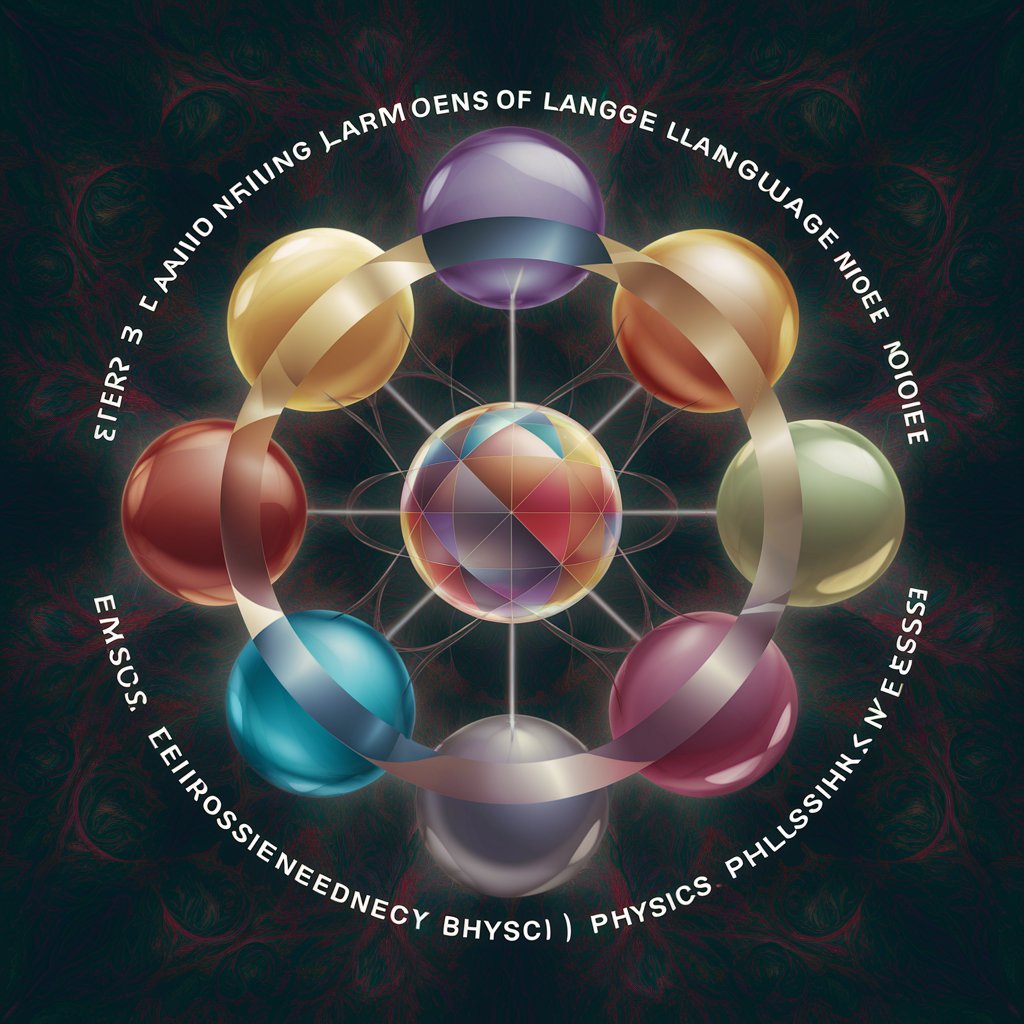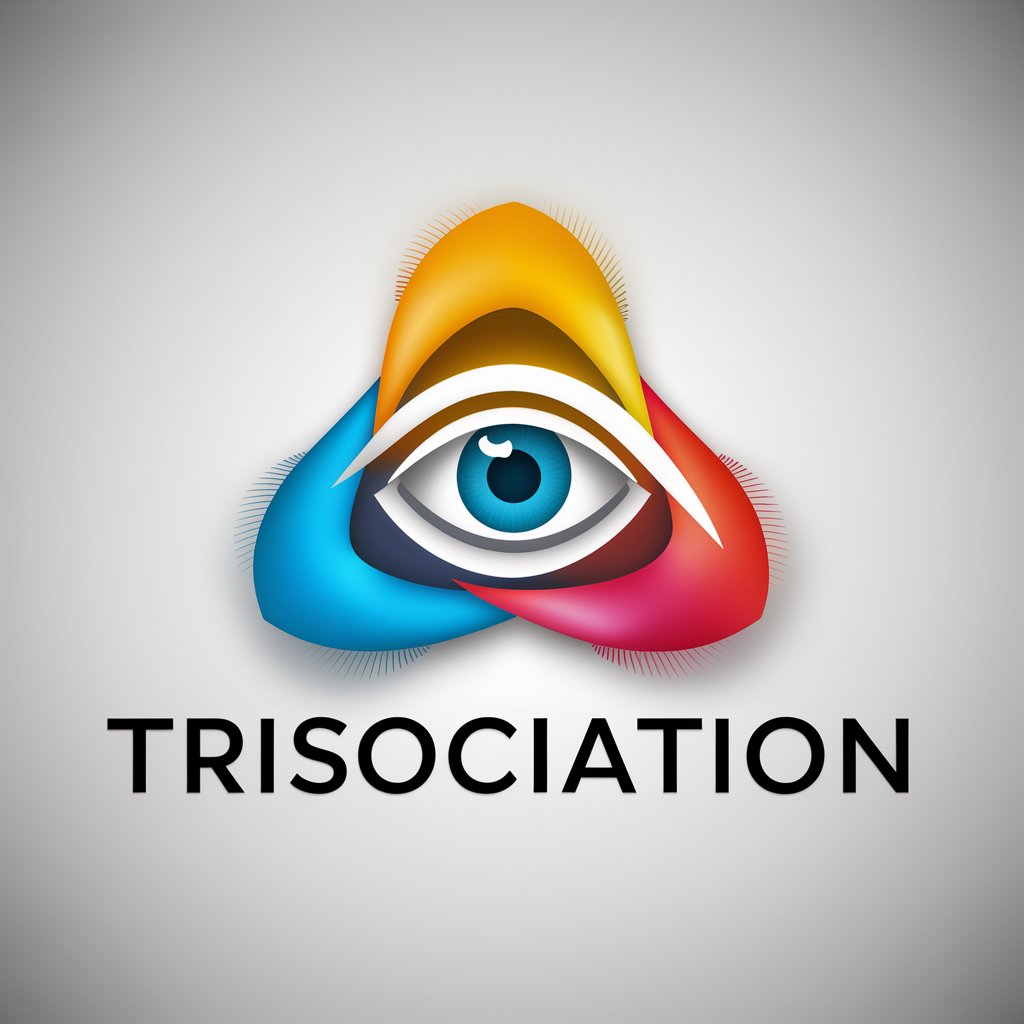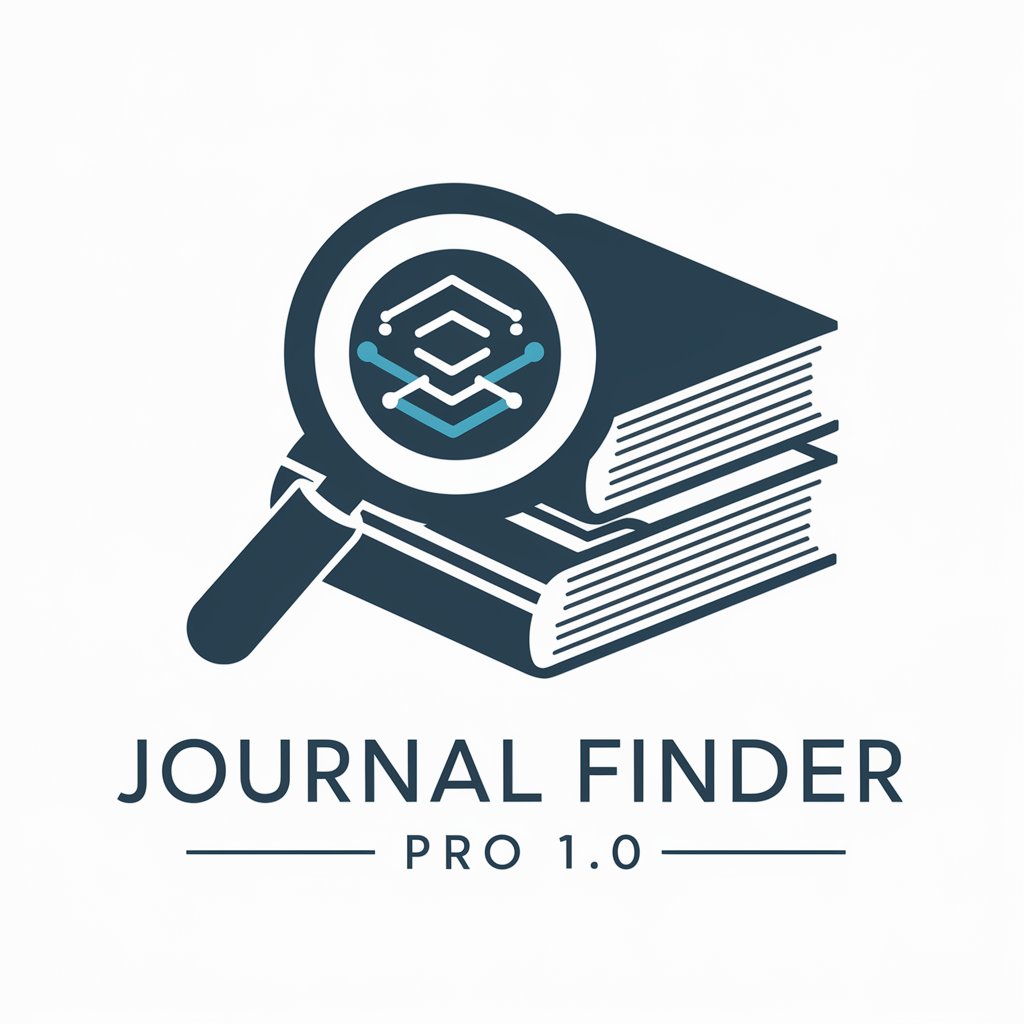17 GPTs for Interdisciplinary Research Powered by AI for Free of 2026
AI GPTs (Generative Pre-trained Transformers) for Interdisciplinary Research are advanced tools designed to facilitate research across various disciplines. These AI models, pre-trained on vast datasets, are adept at understanding and generating human-like text, making them invaluable in diverse research contexts. They excel in tasks requiring natural language processing, data analysis, and information synthesis, thereby serving as essential assets in interdisciplinary research endeavors. Their capability to process and interpret complex information from multiple domains enhances their relevance and applicability in this field.
Top 10 GPTs for Interdisciplinary Research are: War Room,Sonny & The EPIPHANY Engine AI,Zero,The International Baccalaureate Buddy (IB Buddy),Keenious Academic Researcher,Whitehead's Philosophy of Organism,Cognitive-Theoretic Model of the Universe GPT,The Scribe of Silicon,Trisociation,Journal Finder Pro 1.0
War Room
Harnessing AI to Power Expert Collaboration

Sonny & The EPIPHANY Engine AI
Enlightening Minds with AI-Powered Insights

Zero
Empowering Wisdom through Quantum AI

The International Baccalaureate Buddy (IB Buddy)
Empowering Polymath Exploration with AI

Keenious Academic Researcher
Uncover Knowledge with AI Insight
Whitehead's Philosophy of Organism
Navigating Complexity Through Process Philosophy

Cognitive-Theoretic Model of the Universe GPT
Unraveling Consciousness with AI

The Scribe of Silicon
Artistically Transforming Complexity into Insight

Trisociation
Ignite Creativity with AI-Powered Ideation

Journal Finder Pro 1.0
Optimize publishing with AI-driven insights

Prof Zero
Revolutionizing Research with AI Precision

Leonardo DaVinci
Bridging Art and Science with AI

Spacetime Scholar
Unleashing AI for Academic Breakthroughs

Eco Translate Pro
Translating Environmental Expertise with AI

Kumagusu philosophy
Integrating Nature, Culture, and Spirituality with AI

Cross-Domain Explorer
Bridging Domains with AI Insight

Bright Horizon
Empowering Innovation with AI Insight

Key Characteristics of AI GPTs in Interdisciplinary Research
AI GPTs tools for Interdisciplinary Research boast unique features such as adaptability to various research contexts, from simple queries to complex data analysis. They offer specialized capabilities like language comprehension, technical assistance, web-based research, image generation, and sophisticated data analysis. These features enable them to handle diverse interdisciplinary tasks efficiently, making them versatile tools in the research domain.
Intended Users of AI GPTs in Interdisciplinary Studies
The primary users of AI GPTs for Interdisciplinary Research include novices, developers, and professionals in various fields. These tools are accessible to individuals with no programming background, offering intuitive interfaces and easy-to-use features. Simultaneously, they provide advanced customization options for users with technical expertise, allowing them to tailor the AI’s capabilities to specific research needs.
Try Our other AI GPTs tools for Free
Environmental Philosophy
Discover how AI GPTs for Environmental Philosophy revolutionize the exploration of environmental ethics, sustainability, and human-nature relations with tailored insights and innovative solutions.
Process-Oriented Problem Solving
Explore AI GPTs for Process-Oriented Problem Solving: Tailored AI solutions for efficient, accurate problem-solving in diverse sectors. Accessible to all, these tools adapt and evolve for optimal results.
Quantum Physics Interpretation
Explore the world of Quantum Physics with AI GPTs: Tailored tools transforming complex quantum concepts into accessible insights for everyone, from enthusiasts to experts.
Storytelling from Images
Discover the transformative power of AI GPTs in storytelling from images, offering intuitive, adaptable, and integrated solutions for creating narratives from visual data.
Personalized Adventure Creation
Discover the power of AI GPTs in crafting personalized adventures, offering unique, immersive narratives tailored to your preferences and decisions.
Genre-Specific Narratives
Discover AI GPT tools for Genre-Specific Narratives, perfect for crafting authentic content. Our solutions offer adaptability, multilingual support, and seamless integration for creators and professionals.
Further Perspectives on AI GPTs in Research Integration
AI GPTs are revolutionizing the way interdisciplinary research is conducted. With their user-friendly interfaces and integration capabilities, they can easily become part of existing systems or workflows, providing customized solutions and new perspectives in various sectors. Their ability to process and analyze data from diverse fields adds significant value to research projects.
Frequently Asked Questions
What are AI GPTs for Interdisciplinary Research?
AI GPTs for Interdisciplinary Research are AI models designed to assist in diverse research areas. They are pre-trained to understand and generate human-like text, making them suitable for tasks requiring natural language processing and complex data analysis.
Who can use these AI GPT tools?
These tools are intended for a broad audience, including novices, developers, and professionals in various disciplines. They are user-friendly for those without coding skills and offer advanced features for those with technical expertise.
Can AI GPTs handle complex interdisciplinary tasks?
Yes, AI GPTs are specifically designed to handle complex tasks across various disciplines. They can process and analyze data from multiple fields, making them ideal for interdisciplinary research.
Do AI GPTs require programming knowledge?
No, AI GPTs are designed to be accessible to users without programming knowledge. They come with intuitive interfaces and easy-to-understand functionalities.
Can these tools be customized?
Yes, AI GPTs offer customization options for users with technical skills, allowing them to tailor the tool's capabilities to specific research requirements.
What kind of tasks can AI GPTs perform in research?
AI GPTs can perform a variety of tasks including natural language processing, data analysis, information synthesis, and complex problem-solving in various research domains.
Are AI GPTs suitable for all research fields?
While AI GPTs are versatile, their suitability depends on the specific requirements and context of the research field. They are generally more effective in tasks involving large datasets and complex language processing.
How do AI GPTs contribute to interdisciplinary research?
AI GPTs contribute by offering advanced capabilities in data analysis, language processing, and synthesizing information from various disciplines, thereby enhancing research efficiency and depth.